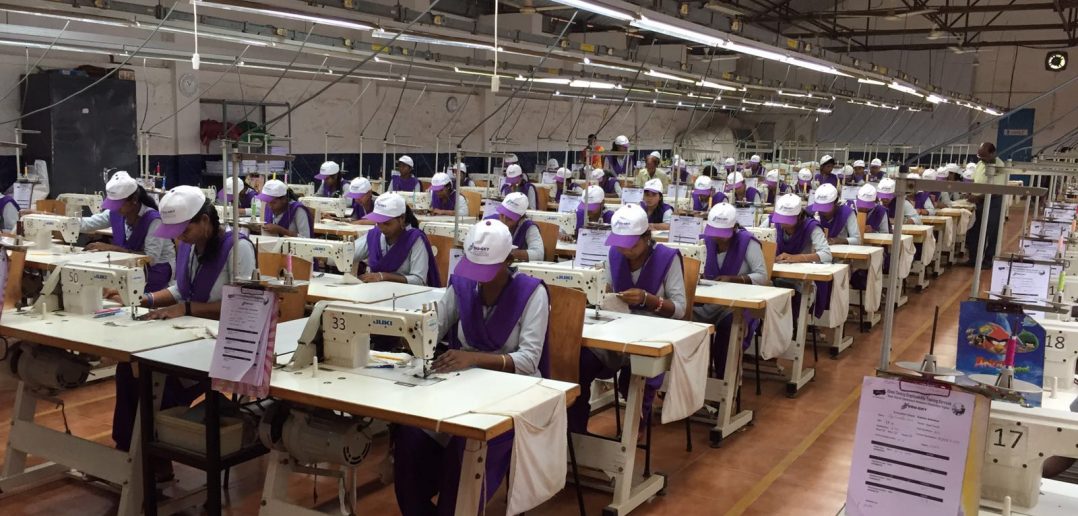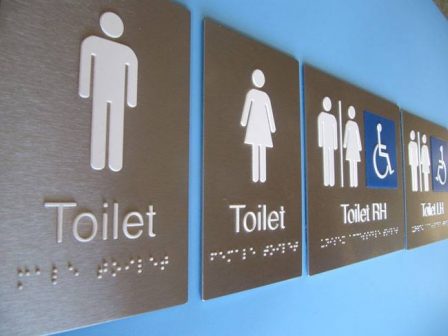Skill development plays a crucial role in enhancing the productivity and enhancing the self-esteem of persons with disabilities (PwD). Training them requires some adjustments in methodologies and accommodation of special needs. In this Skill Talk, Anup K Srivastava, CEO, Skill Council for Persons with Disability (SCPwD) tells us more about the newly formed sector skill council that strives for inclusive skill development and employment for PwDs. Let’s read on to know more about how SCPwD works on different job roles by understanding and implementing suitable training strategies.
Approach to skill development for PwDs
Skill Council for Persons with Disability (SCPwD) is following the same approach and framework as any other skill development program in India but our advocacy is different. SCPwD primarily maps the job role adopted from a vertical sector skill council with a specific disability in a fashion that the disability should not be a restraining factor. Our main objective is that the scope of employability of a person should be because of the skill he/ she possesses rather than he/ she being a person with disability.
To cite an example, upon training, a person with speech and hearing disability can execute the functions of food and beverage service steward as smoothly as any able person but a person with visual disability may not. Similarly, a person with visual disability will execute the function of a customer care executive (voice) but not a sewing machine operator.
 Facing the challenges successfully
Facing the challenges successfully
There are some unique needs of PwDs that could become a challenge in implementing skill development programs. This could be limited mobility and inability to migrate for jobs or even for undergoing training. And, at the same time the training should take care of employment by empowering them with new knowledge and skills that provide livelihood and social security. We take different steps to achieve these goals:

First, awareness has to be created among the urban as well as rural population regarding the impending benefits of being skilled to execute certain job role. This will create avenues for livelihood resulting in mainstreaming and leading a life of dignity. Secondly, we need to connect with industry that may have units in residential areas of persons with disability to address the need of persons with limited mobility, inability to migrate for jobs. Also, convincing and encouraging industry partners to provide for hostel facility to trainee/ employed persons with disability. Simultaneously, we have to look for avenues of self-employment/ entrepreneurship locally and to encourage persons with disability to go for skilling in such jobs depending upon aptitude and inclination.
Awareness about skill development and mobilization
We attach a lot of importance to creating awareness regarding the impending benefits is equally important as creating career opportunities for which followings are proposed:
- Job fairs, Skill missions, Workshops at rural level directly or through the training partners
- Media (TV, Radio etc)
- Connecting with industry partners of different sector skill councils etc.
Ensuring long term employability
Efforts are needed to ensure suitable work environment with the help of subject matter experts of local NGOs who will support/ guide the employer with behavioural/ psychological/ accessibility/ workplace solutions and sensitization. This also calls for counselling of employed persons with disability and, on need, their peers.
Industry support and private sector participation
With support from the industry experts, we have adopted a demand-based model of training and curriculum development. In addition, skill gap analysis is carried out. We also have plan to develop Labour Market Information System (LMIS) in time to come to support planning and acquisition of skilled manpower to serve the industry. This data collection and analysis will help evolving effective skilling strategies. Further, development of training curriculum is done in concurrence with industry partners of other Sector Skill Councils.
Use of technology and tools
Appropriate use of technology can definitely help us overcome many challenges in training PwDs. We have just made a beginning and we look forward to adopting innovative practices. Development and creation of expository by SCPwD, serving to expound information regarding diverse training needs for specific to type of disability elucidates a list of training tools that are technology enabled. These training tools work as enablers to enhance training methodology for persons with disability.













NIce and very positive coverage as regard skill development and employability of persons with disabilities. Congratulations to the author and publisher